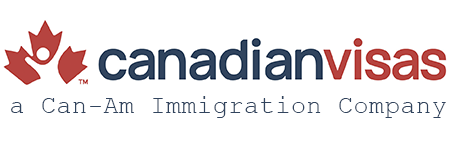The Canadian Federal Court has introduced a groundbreaking pilot project designed to expedite the review process for rejected study permit applications. This initiative, launched in October, aims to alleviate the prolonged wait times that international students often face when challenging immigration decisions.
Under the Study Permit Pilot Project, eligible students can now potentially have their judicial review applications processed in as little as five months. This marks a substantial reduction compared to the standard 14-18 month timeframe. By streamlining the process, the project aims to provide a more timely and efficient resolution for students seeking to pursue their studies in Canada.
Eligibility Criteria
To participate in the pilot project, students must meet several criteria:
- Rejected Study Permit: The applicant must have had their study permit application rejected by Immigration, Refugees and Citizenship Canada (IRCC).
- Mutual Consent: Both the applicant and IRCC must agree to participate in the pilot.
- Straightforward Case: The case must involve no complex factual or legal issues, such as inadmissibility or national security concerns.
- No Time Extensions: The applicant cannot request an extension of time to file their application.
- No Affidavit Evidence: New evidence cannot be introduced through affidavits.
Application Process
The application for the Study Permit Pilot Project is entirely online through the court’s electronic filing system. Applicants must submit Form IR-1, indicating their participation in the pilot project at specific points within the application.
Why This Pilot Project?
The increasing number of leave and judicial review requests filed with the Federal Court prompted the initiation of this joint pilot with IRCC. In recent years, the court has experienced a significant surge in immigration-related filings, surpassing four times the average seen in the pre-pandemic period.
Government’s Approach to International Students
In response to affordability and housing pressures, the Canadian government has implemented several policies aimed at reducing the number of temporary residents, including international students. These measures include:
- International Student Cap: A limit of 485,000 new study permits was imposed in 2024.
- Revised Targets: The government has further reduced the target for new study permits to 437,000 in 2025.
- Language Eligibility: A language eligibility criterion has been introduced for Post-Graduation Work Permits (PGWPs).
- Limited PGWPs: PGWPs are now limited to college students studying in high-labour demand programs.
- Restricted SOWPs: Spousal Open Work Permits (SOWPs) for spouses of master’s students are subject to stricter eligibility requirements.
The Study Permit Pilot Project represents a positive step towards addressing the challenges faced by international students seeking to study in Canada. By streamlining the review process and providing a more efficient resolution, the project aims to support the aspirations of aspiring students and contribute to Canada’s international education landscape.





0 Comments